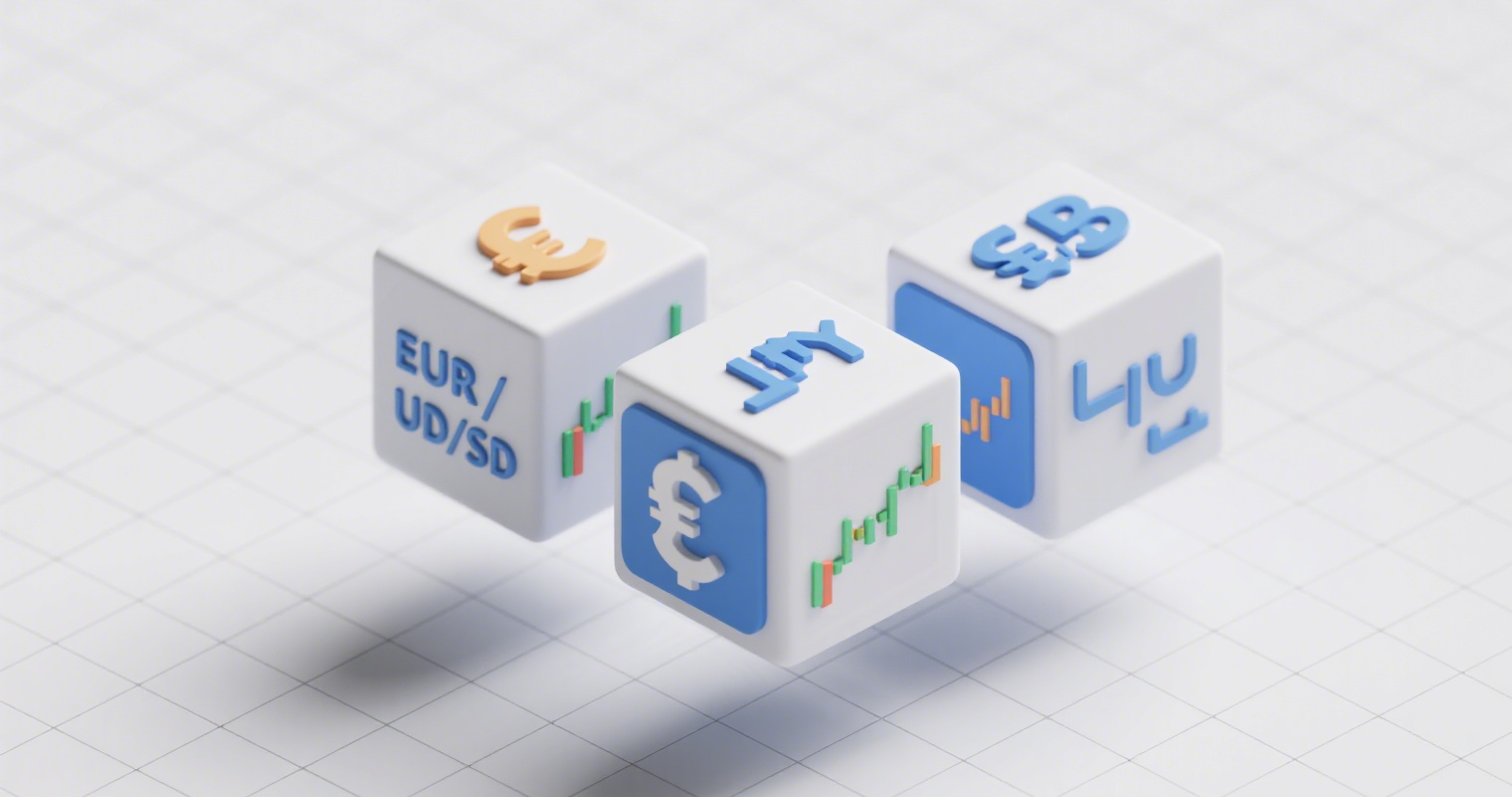
The Hong Kong dollar may appreciate moderately
After two rounds of "sharp fluctuations", how will the Hong Kong dollar trend evolve?
Xie Zhengrong believes that in the short term, whether the Hong Kong Monetary Authority will continue to intervene depends on the pressure of the HKD/USD exchange rate touching the weak-side convertibility guarantee again. The key factors affecting the HKD exchange rate trend lie in the balance between the interest rate spread of HKD and USD funds and carry trade activities.
"Since the reversal of carry trades has already rapidly pushed up HIBOR, if the narrowing of the interest rate spread between HKD and USD funds leads to reduced carry trade activity, the HKD/USD exchange rate will then maintain an equilibrium level, and the USD-HKD interest rate spread will also stabilize," said Xie Zhengrong.
The direction of the Federal Reserve's monetary policy is also crucial to the HKD exchange rate trend. Currently, market expectations for a Fed rate cut in September are high. The CME Group's "FedWatch Tool" shows that as of August 19, investors estimate an 83% probability of the Fed cutting rates by 25 basis points in September.
Xie Zhengrong stated that historically, when the Fed starts cutting rates, HKD funding rates do not immediately follow USD funding rates downward. Due to the short-term unchanged aggregate balance, the adjustment is lagging. This will gradually narrow the interest rate spread between HKD and USD funds, weaken carry trade activities, and may cause the HKD/USD exchange rate to gradually approach the strong-side convertibility guarantee.
The Financial Markets Department of China Merchants Bank expressed the view that the Hong Kong dollar may appreciate moderately but is unlikely to return to the strong-side convertibility guarantee of 7.75 in the short term. Firstly, the current exchange rate has moved away from the weak-side convertibility guarantee of 7.85, so the HKMA should have no motivation or necessity to further withdraw HKD liquidity. The low-interest-rate environment itself is also beneficial for stimulating Hong Kong's economy. Secondly, the probability of a significant Fed rate cut within the year is low, so the narrowing of the HKD-USD interest rate spread will be limited. Thirdly, large-scale southbound capital inflows may not be sustainable.
















